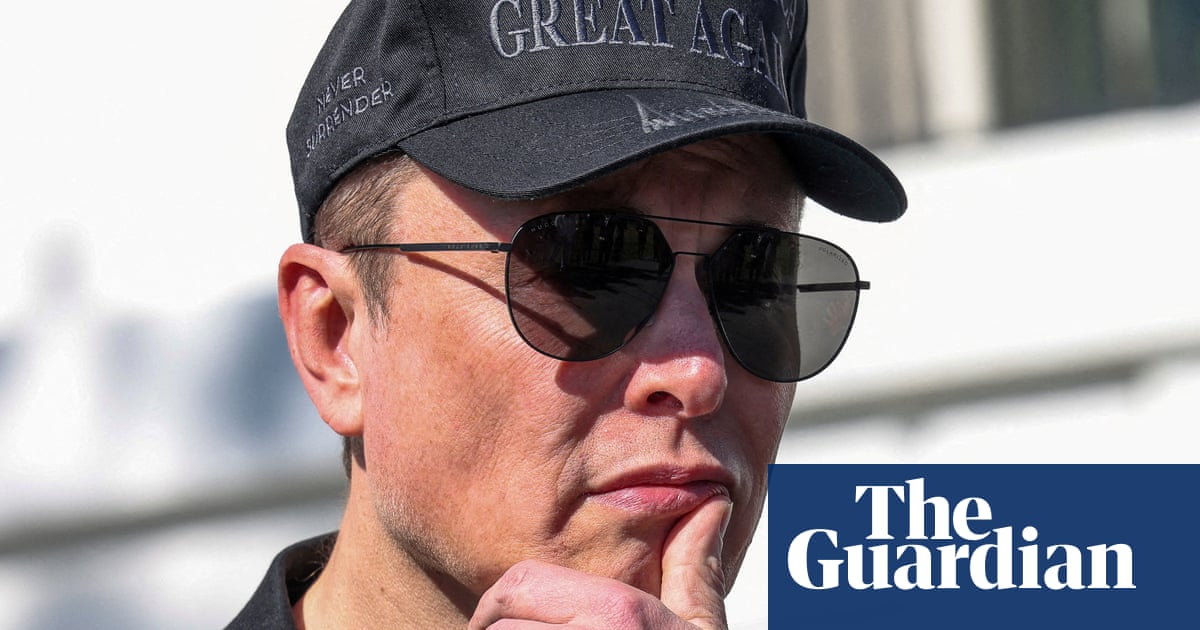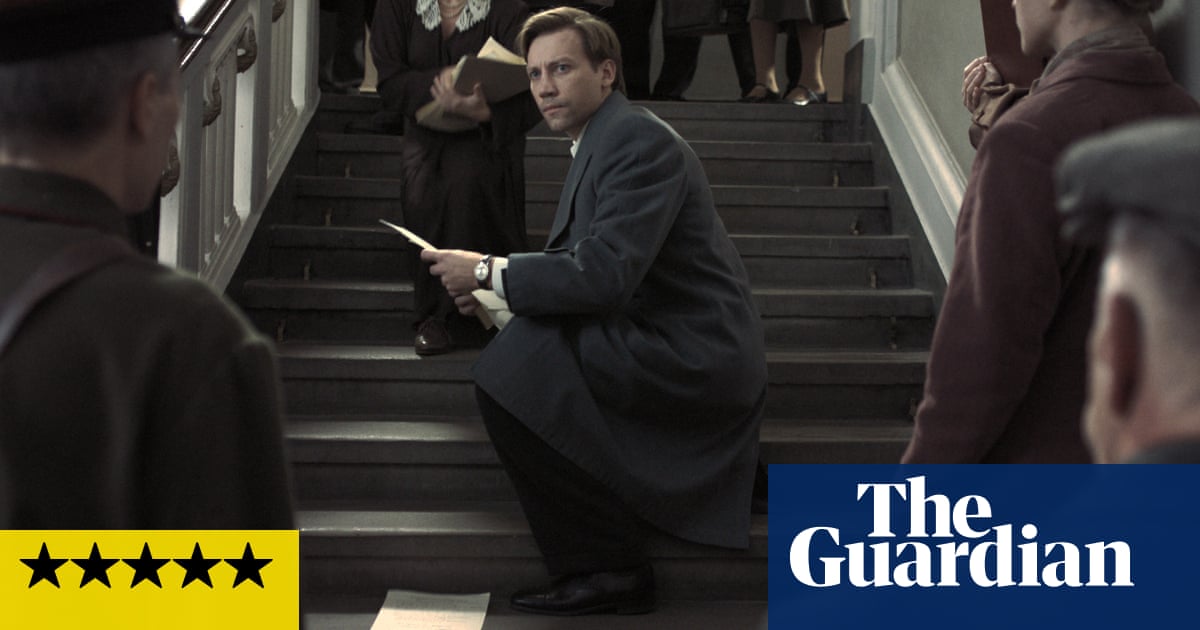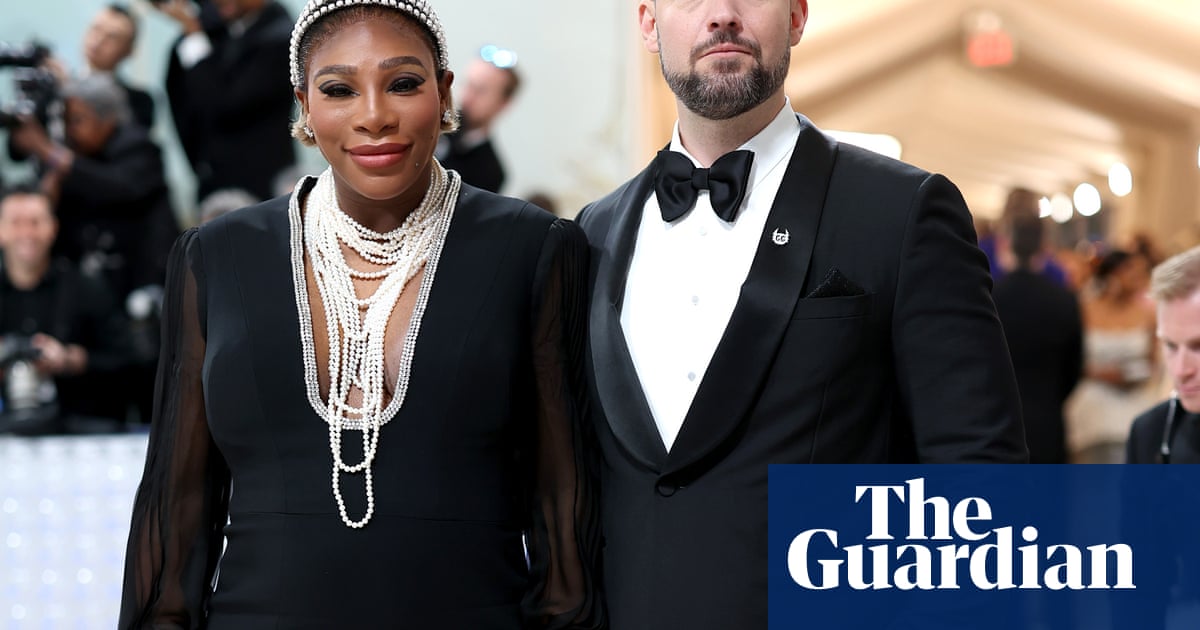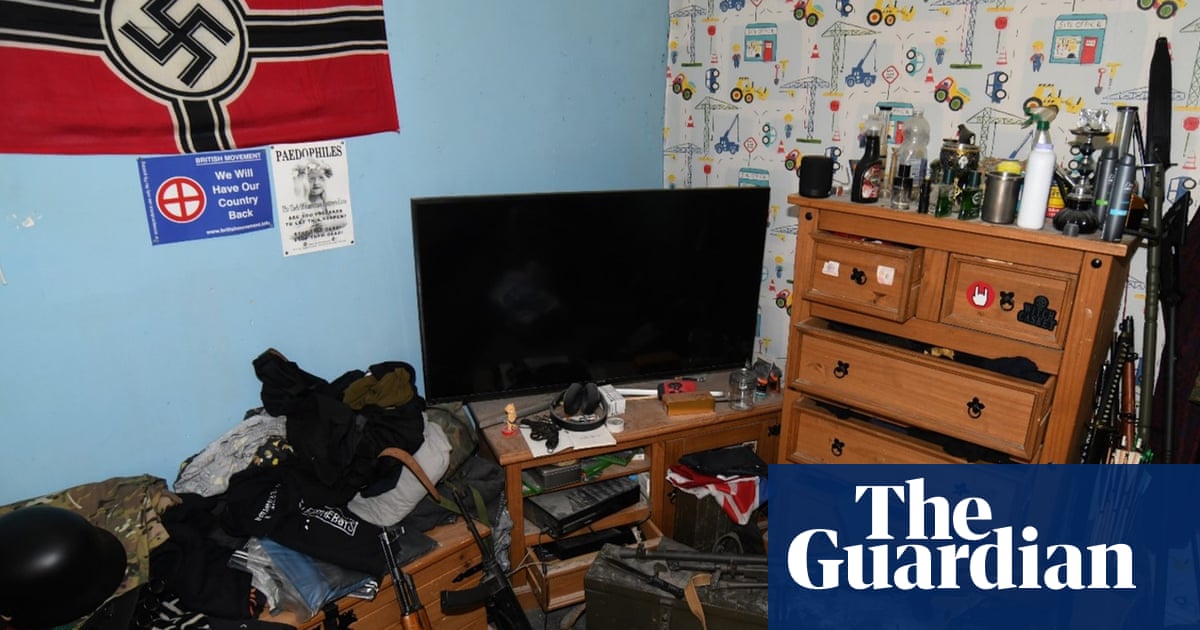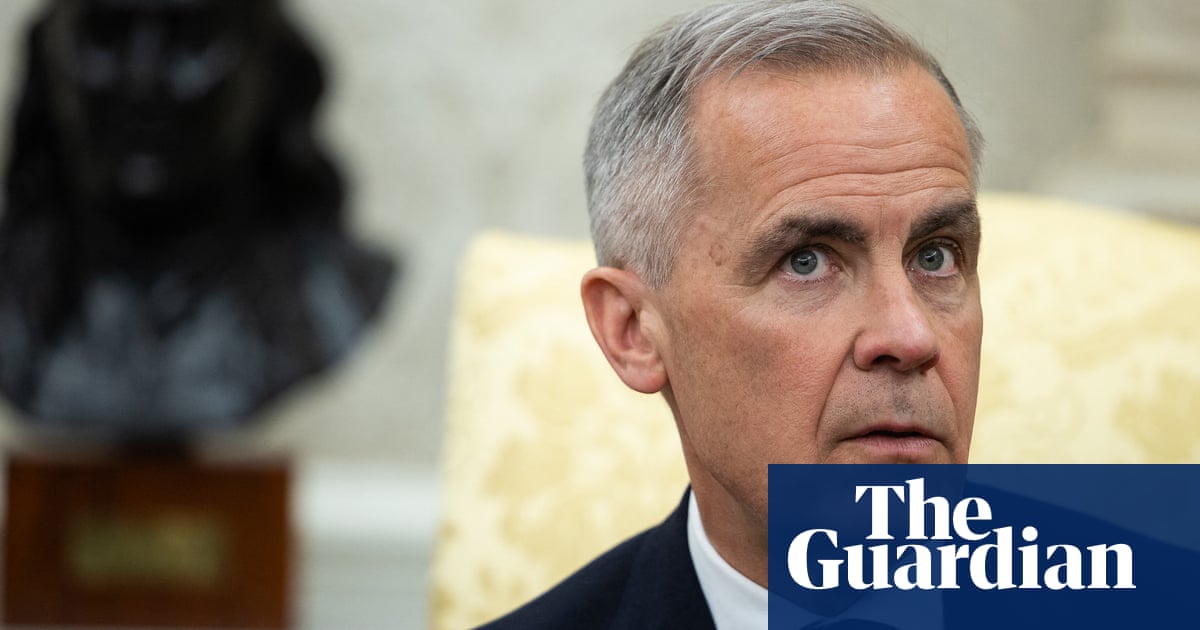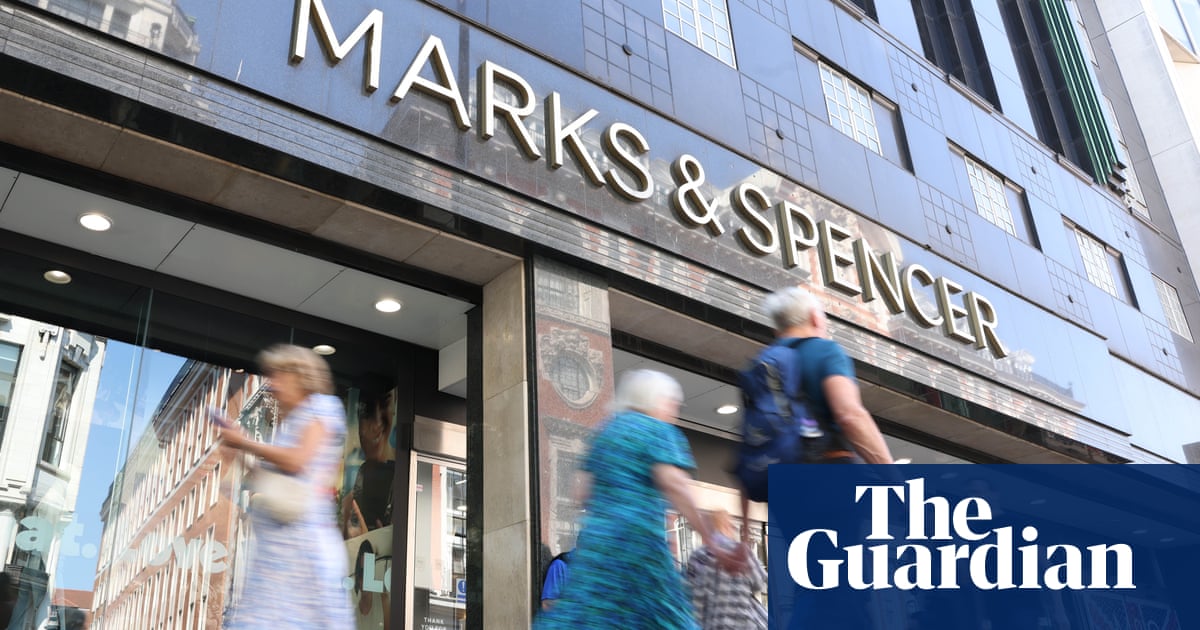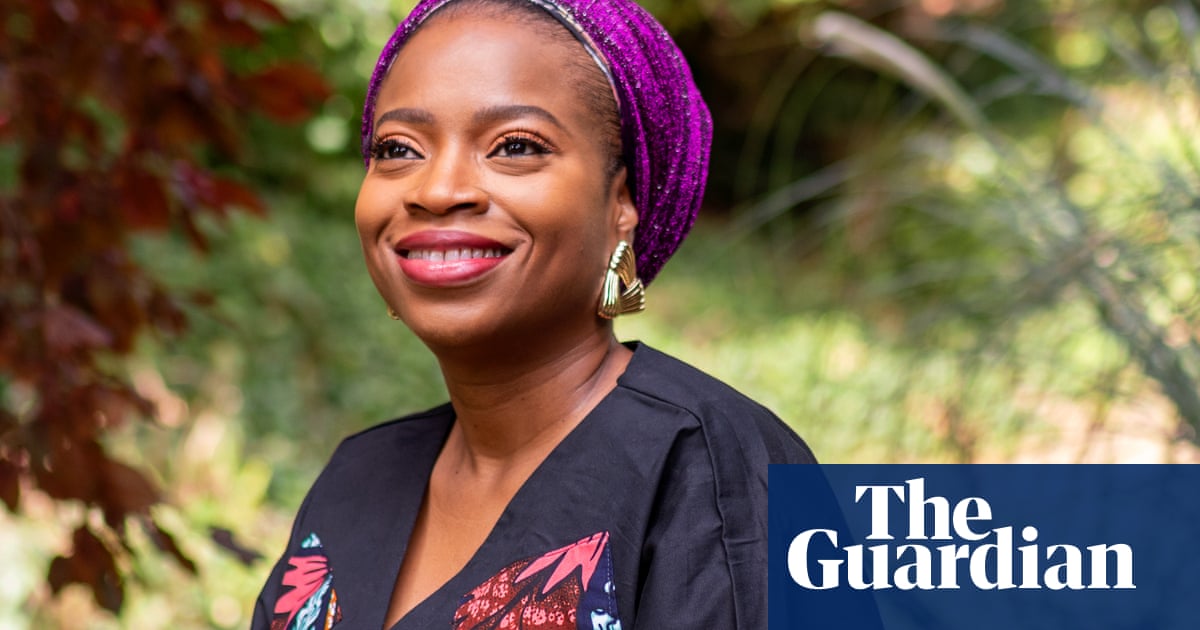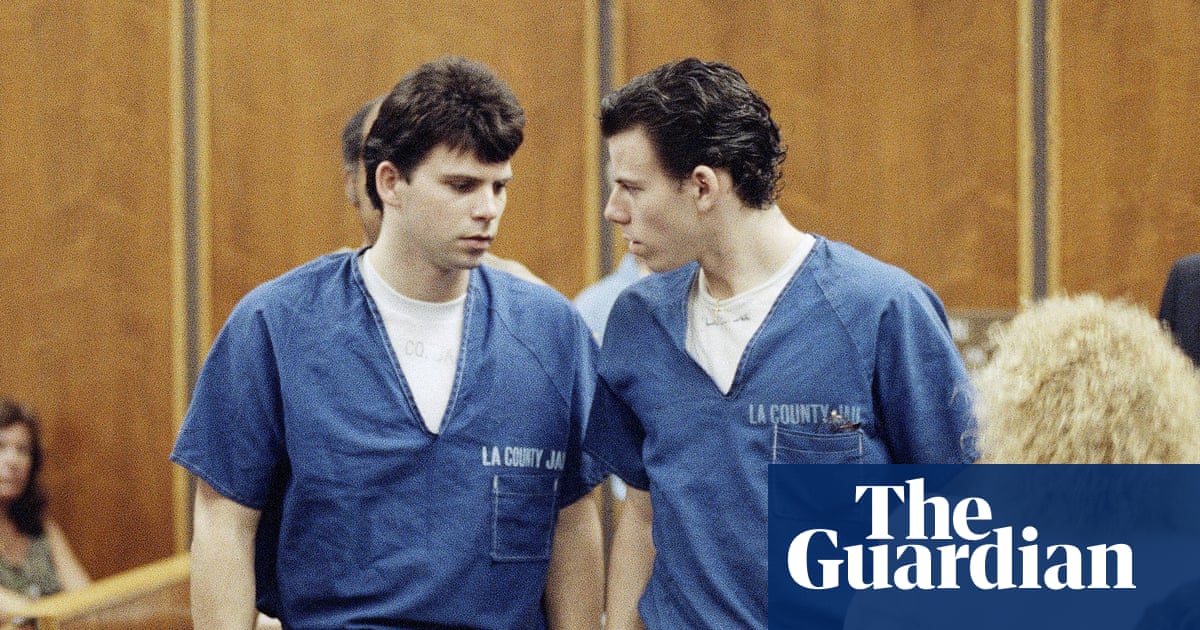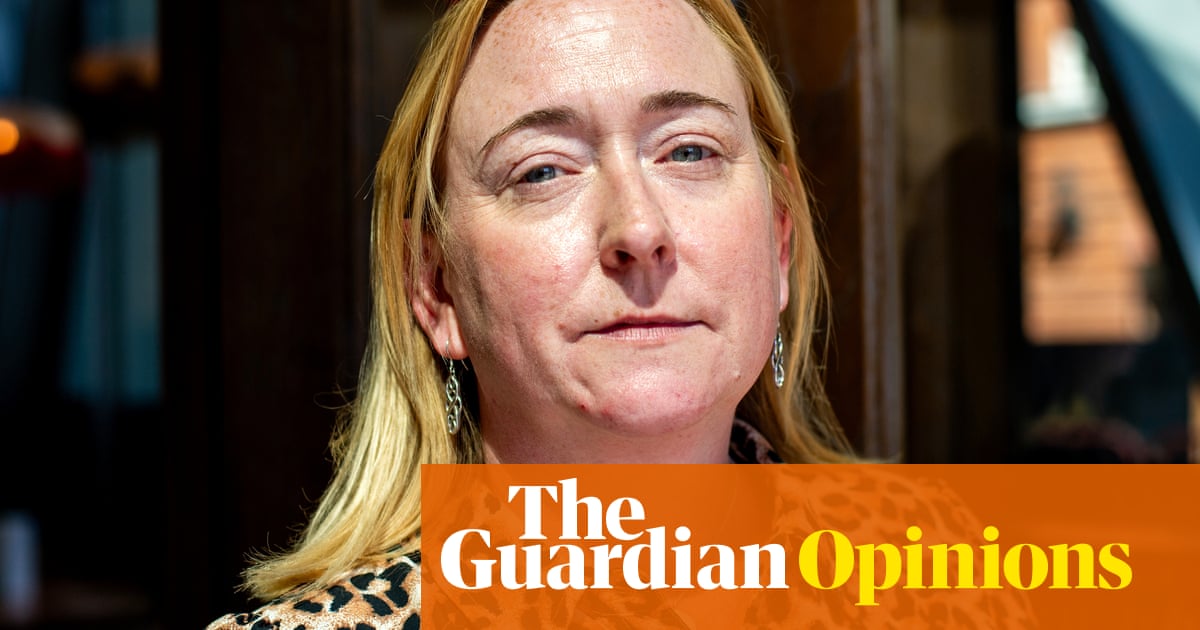At this admittedly early stage of 2025, with all the noisy blockbusters of summer still ahead of us, the UK’s box-office report tells a nostalgic story. The year’s highest-grossing new release, raking in more than double its nearest rival, Captain America, is Bridget Jones: Mad About the Boy – a sequel in which its American distributors had so little confidence that they booted it straight to streaming. Brits who missed it in cinemas can finally access it on VOD this week. The film itself is something of a pleasant surprise too: a tender-hearted, flannel-cosy romcom – easily the best in the series since the first, 2001’s Bridget Jones’s Diary – now suffused with the gentle melancholy of middle age.
Age, of course, is a critical concern of this instalment, which offers Renée Zellweger’s ever-plucky Bridget, now a widowed mother of two, a pair of romantic choices: Chiwetel Ejiofor’s nice, matchingly middle-aged schoolteacher, and Leo Woodall’s flashier gen-Z Lothario. You can probably guess who prevails, though the film seems pleasingly amenable to either option: the possibility of dating across a generation or two isn’t played for shaming comedy. In that respect, this otherwise familiar bit of comfort viewing is relatively fresh.
Films to address the subject as a non-controversial matter remain a rarity, at least when it’s a woman who’s the older partner. From As Good As It Gets to assorted Bond adventures, Hollywood is littered with romantic pairings where a man being decades older than his female love interest passes without comment.
Recently, Todd Haynes’s wicked, icy dark comedy May December examined the long-term fallout of a tabloid-fodder relationship between a woman and the 13-year-old classmate of one of her children: hardly a rationalisation or romanticisation of such attraction, but an unnerving investigation into the human condition of a so-called monster. Richard Eyre’s brittle, brilliantly acted Notes on a Scandal treated such a relationship as a mere sideshow to a game of older female desire and retribution. Anne Fontaine’s compellingly ludicrous Adore, in which best friends Naomi Watts and Robin Wright seduce each other’s teenage sons, stresses lurid sensation over psychology, though both stars try to make it credible – you’d scarcely recognise it from the Doris Lessing novella it’s based on.
Even a less drastic gap can be seismic when the participants are young enough. Paul Thomas Anderson’s vibrant, breezy, coming-of-age comedy Licorice Pizza set off a storm of commentary with its unbothered romance between a drifting 25-year-old woman and a precocious 15-year-old boy. It was left for the viewer to determine how appropriate or otherwise this match-up was, and what its future might be. In Alfonso Cuarón’s wonderful Y Tu Mamá También (Netflix), a similarly crucial decade separates two gangly, oversexed teenage pals from the married woman they rope into an impromptu road trip – though here, the older woman’s presence largely serves to bring the boys’ undefined relationship into focus.

Matters don’t get much simpler once we get into the realm of consenting adults – though in The Graduate, Dustin Hoffman’s Benjamin Braddock, tauntingly wooed by a friend of his parents, is so gawkily boyish that he barely counts. The absurd comedy of that relationship is a long way from the rich, sadomasochistic ambiguities of the recent, superb Babygirl, in which power seesaws between Harris Dickinson’s cocky, newly graduated office intern and Nicole Kidman’s uncharacteristically flustered CEO. It’s a far more substantial exploration of the generational taboos at play than Kidman’s pairing with Zac Efron in last year’s disposable Netflix outing A Family Affair, which played a bit like the Diane Keaton-Keanu Reeves dalliance in Nancy Meyers’s Something’s Gotta Give, with more emphasis on wish-fulfilment than actual emotional conflict.
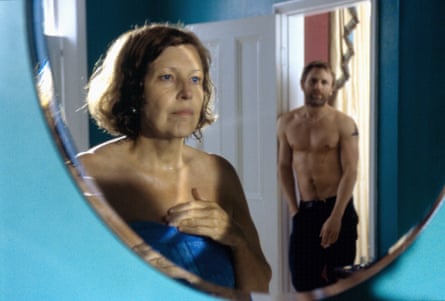
Today, the rather modest age difference between Jane Wyman’s well-to-do widow and Rock Hudson’s strapping gardener in Douglas Sirk’s exquisite All That Heaven Allows (Internet Archive) might not raise as many eyebrows as it did 70 years ago, but the film shows sharply how a class gap can aggravate an age gap. Rainer Werner Fassbinder’s excellent 1974 remake, Ali: Fear Eats the Soul, did the same with added racial friction. Pairing Anne Reid’s pensioner with Daniel Craig’s handyman, Roger Michell and Hanif Kureishi’s The Mother (BBC iPlayer) paid homage while pushing up the ages of both parties.
Marketed as a love story “between a younger man and a bolder woman”, the 90s erotic drama White Palace is bracingly unusual in its sidelining of social tensions to focus on the pure animal attraction between James Spader’s wet-behind-the-ears ad exec and Susan Sarandon’s world-weary diner waitress. They’re hot and into each other – why complicate things? The mother of all age-gap romances, meanwhile, Hal Ashby’s Harold and Maude, may be a little less explicit in demonstrating the bond between Ruth Gordon’s zesty octogenarian and Bud Cort’s twentysomething misfit, but pushes the same message to follow your bliss.
All titles available to rent on multiple platforms unless specified.
Also new on streaming
Day of the Fight
Actor Jack Huston’s directorial debut is an underdog boxing drama that hits practically every familiar beat of the genre to a near-parodic degree. But Michael Pitt’s moving, beaten-down performance as a onetime contender gives it soul and integrity, and it’s gorgeously shot in inky black and white.

On Falling
(Conic)
Produced by Ken Loach’s Sixteen Films and offering a new-generation update of Loach’s own compassionate social realism, Laura Carreira’s heartbreaking workplace drama is one of the standout British debuts of recent years – a portrait of an immigrant warehouse picker rich in everyday detail and emotional intelligence.
Saturday Night
A cultural institution in the US, Saturday Night Live has never generated much mainstream interest on these shores, which rather limits the audience for this frenetic, sporadically amusing backstage account of the manic circumstances behind the show’s first ever broadcast in 1975. It’s most interesting as a showcase of a new wave of 21st-century comic acting talent.

 1 month ago
27
1 month ago
27


